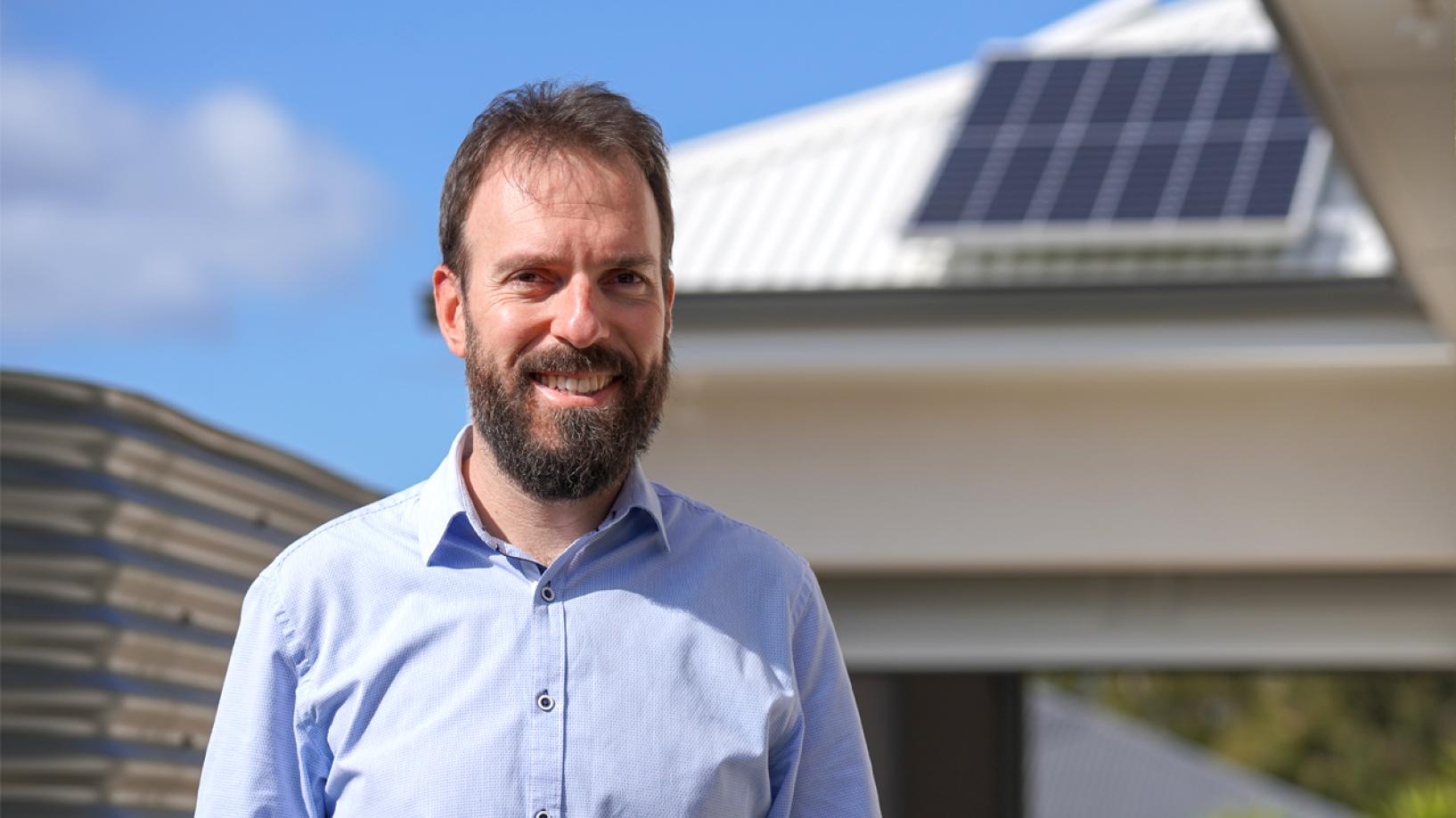As Australians take up new energy technology for their homes, there is a significant opportunity for the energy sector to meaningfully engage with households to ensure the benefits of these new technologies are shared.
We appreciate the challenges that Distributed Energy Resources (DER) present to both the market operator and the system design. In some areas residential solar PV systems are causing an excess of electricity during sunny periods, creating a problematic inflow of energy back into the grid from a system management perspective.
There have been some suggestions that the market operator could periodically switch off residential PV systems to limit how much power is fed back into the grid. This of course would impact the household, as selling power back into the grid is part of the financial calculation on the viability of investing in solar in the first place.
However, with the right conditions, consumers can partner with industry to deliver the services needed to both mitigate the risk of system security issues while also benefiting consumers through lower bills. We believe there needs to be a conversation about when and how households might allow their solar PV to be managed, and what is a reasonable trade off in respect to compensation or reward for participating households.
As part of our commitment to Community Listening, we recently interviewed David Whaley from Flagstaff Hill in South Australia. David monitors the daily performance of his solar PV system through his computer and a smart phone app to gain powerful insights into how his solar system affects the bottom line of his energy consumption and bills.
https://www.youtube.com/watch?v=mS90OzZvjWk
We asked him what he and other households might consider to be a fair trade off for cooperating in programs that aim to combat overarching system challenges.
“If their solar system is being turned off, they would at least want to be given the amount of credit they otherwise would have generated in that time their system is off.”
Engagement and subsequent decisions would rightfully take into consideration that environmentally and economically savvy households have committed significant capital for their energy tech solutions. Whilst David sees his solar investment as something that should benefit him, he is open to ideas and the concept that he is part of a bigger system overall.
“I am aware of the problems associated with lots of people with rooftop solar and I would be willing to participate in any kind of scheme to promote grid stability.”
As consultation continues and evolves around solutions, we believe that consumers should be part of a deeper two-way conversation about changing their habits and appropriate compensation or rewards. This is in keeping with the idea that energy consumers should be at the centre of energy market decision making, particularly when they play a vital role in generating the energy that Australians depend on.
More video interviews can be seen on our Community Listening page.

